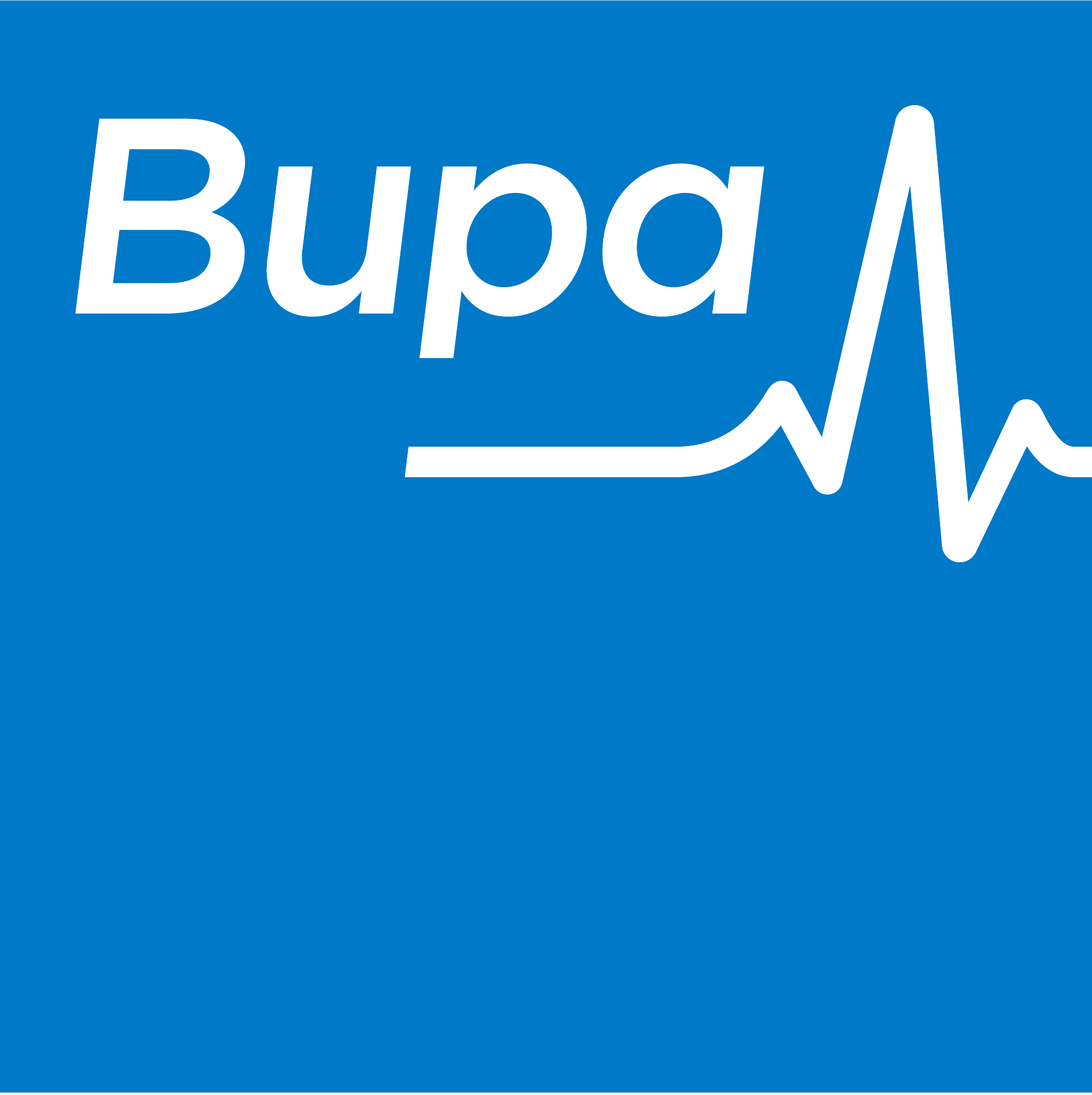In the UK, 15 men die prematurely every hour. Men are more likely to suffer from heart disease, type-two diabetes, and certain cancers. These factors contribute to men's life expectancy being four years shorter than women's.
Business benefits
Many men can often ignore or talk down potential symptoms of mental or physical illness, so effective health messaging that resonates with men can make a big difference.
For instance, after Sir Chris Hoy announced his terminal prostate cancer diagnosis, NHS website searches for prostate cancer symptoms increased by 672% in just 48 hours.
As an extensive review published by the British Medical Journal explains: “There is a strong case for employers to engage in employee health and wellbeing programmes.
“Benefits at the organisational level include increased productivity, improved employee retention, reduced sickness absence and greater employee resilience.”
Many companies are recognising the value of providing good healthcare packages for attracting, recruiting, and retaining talent.
New research from the health division of the global consultancy firm Mercer shows that enhancing benefits to improve attraction and retention (72%), and expanding access to behavioural healthcare (66%) are top priorities for companies with 500 or more employees.
Dr Naveen Puri, medical director for Bupa UK Insurance, says: “This underlines the business case for providing targeted health support for men, as this can have a huge impact on productivity, employee engagement and talent retention.
“This should be addressed by providing tailored health and wellbeing services and support that specifically meets the health needs of men.”
Affirming
As we’ve pointed out earlier, men can tend to find it far more difficult to open up about their physical and mental health issues. There are a whole range of complex social reasons for this, but it is clear that for the situation to improve, this has to change.
As a parliamentary report on men’s health states: “Taking a more positive, strength-based model on masculine norms could help engage certain men by affirming their masculine identities.”
So, what can employers do to change this culture and help their male employees?
Dr Naveen says: “Bupa has a wealth of resources and knowledge to help organisations meet this challenge, and ensure that they are providing male employees with targeted health and wellbeing support that delivers real returns.”
If you want to know more about how the silent crisis in men’s health may be affecting the workforce, and how to provide support for staff, you can watch Bupa’s recent men’s health event by clicking on the words: Bupa's Health Horizons.












